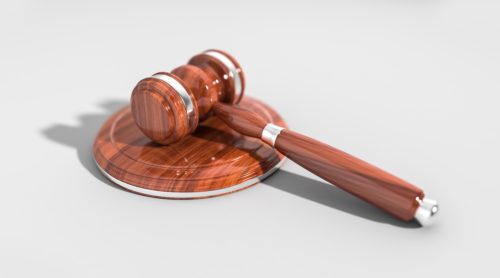
If you have a criminal record, you may have long-term consequences that may impact your future and livelihood. To learn more about the potential consequences you may face and the steps you may be able to take to have your record restricted, continue reading. Reach out to our experienced Georgia criminal defense attorney for assistance with learning if you are eligible for criminal record restriction.
What are the long-term consequences of a criminal record?
It is possible that a criminal record may impact you in the following ways:
- Consequences of future crimes may increase: Committing a crime more than once can worsen the penalties for future crimes.
- Child custody arrangements may be affected: Your criminal record may be used by your former spouse and the court to attempt to prove that you are an unfit parent or that you are a danger to your child.
- Difficulty getting a job: The types of jobs available to you with a criminal record may be limited. Employers typically require background checks to be conducted. You will likely have to check “yes” on job applications for being convicted of a crime. It is also possible for employers who are convicted of a crime to get fired from their current job.
- Your immigration status may be impacted: Immigrants with criminal records can be deported or prevented from becoming future citizens.
What is a criminal record restriction?
Having your criminal record restricted will restrict your official criminal history report from public view. Your official criminal history report will only be accessible to law enforcement agencies for criminal justice purposes.
Who is eligible for record restriction?
You may be eligible for a restriction in the following circumstances:
- Non-Convictions: Most cases that are closed without conviction will qualify for restriction. Verdicts of not guilty and vacated or reversed convictions may also be eligible for restriction.
- Juvenile Offenders: If you were under the age of 21 when you were charged with a misdemeanor and have successfully completed your sentence, you may be eligible for restriction. However, if you have any charges within the last five years of your request, you will not qualify.
- Charged With a Felony, but Convicted of an Unrelated Misdemeanor: You may be eligible for restriction if your felony charge was closed without conviction and you were only convicted of an unrelated misdemeanor offense. If you were convicted of a lesser included offense of the felony charge, you are not eligible for restriction.
Contact Our Experienced Firm
At the Miller Law Practice, we support clients through a variety of legal matters. If you are facing criminal charges, or have been injured due to the negligence of another party, our firm will fight for you. Contact Miller Law Practice today.